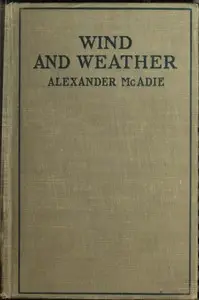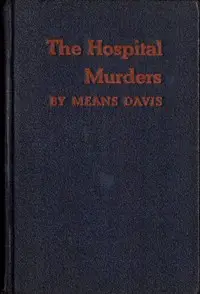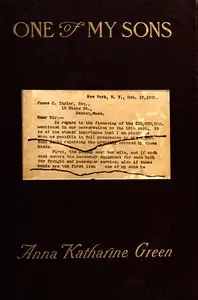"Spies of the Kaiser: Plotting the Downfall of England" by William Le Queux is a fictional narrative written in the early 20th century. The book delves into themes of espionage and national security during a period of rising tensions between England and Germany leading up to World War I. The protagonists include Ray Raymond, a barrister, and his friend John James Jacox, who are determined to unmask German spies operating within England and reveal the impending threat posed by these agents against their homeland. At the start of the story, the protagonists are alarmed by the revelation that German spies have successfully infiltrated England and are actively working to gather intelligence on military plans, particularly concerning the new naval base at Rosyth. They discuss initial evidence of espionage, including the suspicious activities of individuals collecting secrets related to England's defenses. Driven by patriotism, Raymond embarks on an investigation to expose these spies, setting the stage for a thrilling exploration of deceit, danger, and the looming threat of invasion. The narrative effectively combines elements of suspense and political awareness, encouraging readers to reflect on the vulnerabilities of a nation caught unprepared in the face of espionage. (This is an automatically generated summary.)

Spies of the Kaiser: Plotting the Downfall of England
By William Le Queux
"Spies of the Kaiser: Plotting the Downfall of England" by William Le Queux is a fictional narrative written in the early 20th century. The book delve...
William Tufnell Le Queux was an Anglo-French journalist and writer. He was also a diplomat, a traveller, a flying buff who officiated at the first British air meeting at Doncaster in 1909, and a wireless pioneer who broadcast music from his own station long before radio was generally available; his claims regarding his own abilities and exploits, however, were usually exaggerated. His best-known works are the anti-French and anti-Russian invasion fantasy The Great War in England in 1897 (1894) and the anti-German invasion fantasy The Invasion of 1910 (1906), the latter becoming a bestseller.


















